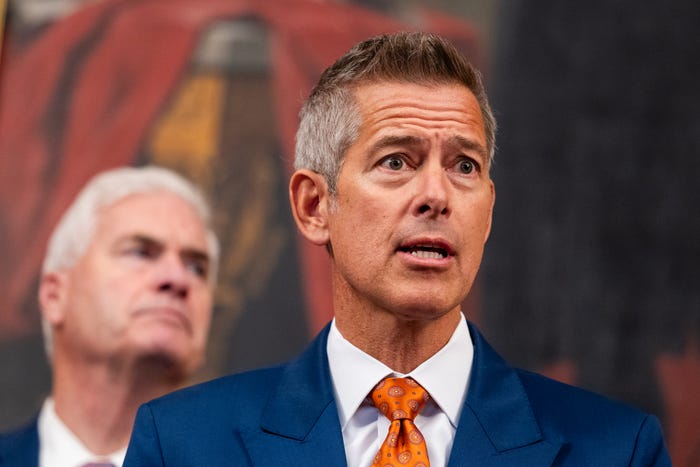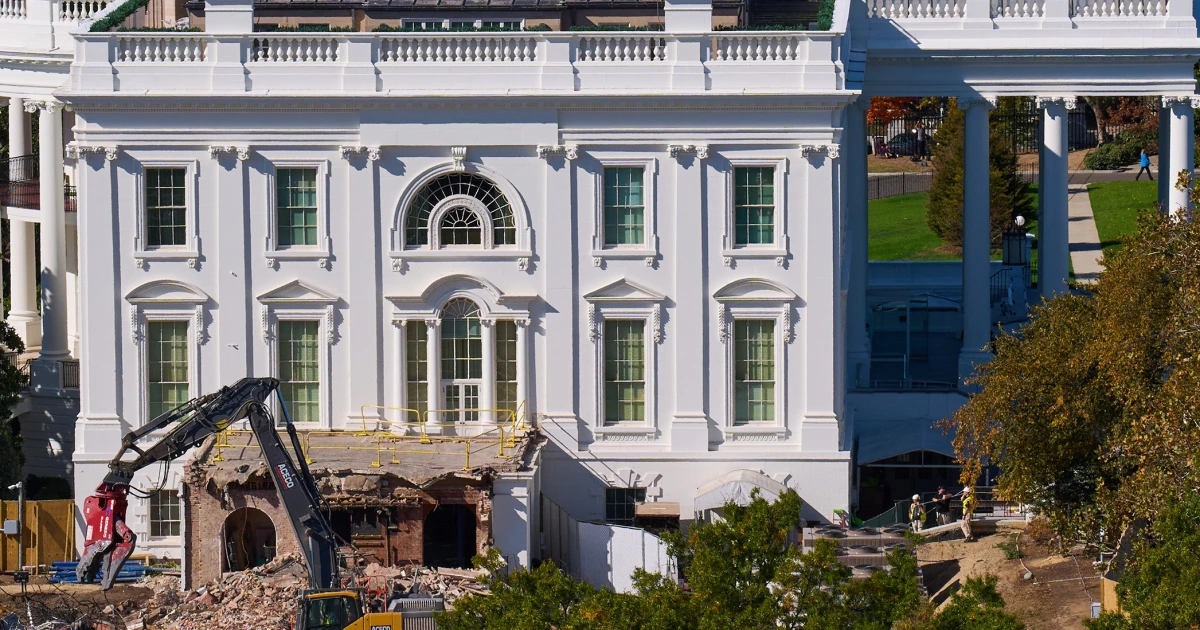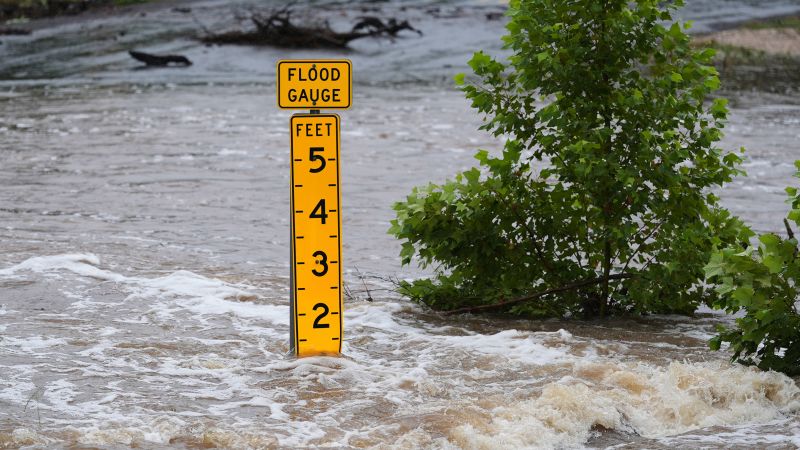Nevada’s Special Session Ends with Controversial Outcomes

The Nevada Legislature concluded its 36th special session on March 15, 2024, amid controversy and criticism. A significant focus of the session was a proposed film tax credit, which garnered considerable attention but ultimately failed to pass the Senate by a single vote. This outcome highlights the contentious nature of the session, which many observers believe lacked a justifiable reason for convening.
The film tax credit bill, which aimed to provide financial incentives to the Hollywood film industry, passed the Assembly on March 10, 2024, with the support of two Republican legislators who voted remotely. Reports indicated that these legislators had left Carson City for vacations, raising questions about their commitment during a critical legislative period. Critics argue that this absence reflects the rushed and erratic approach taken during the special session, suggesting that there was no genuine emergency necessitating its convening.
Senate Majority Leader Nicole Cannizzaro took an unusual approach when bringing the film bill to a vote, contrary to typical legislative strategy, which usually involves ensuring adequate support before introducing contentious legislation. The narrow failure of the film tax credit has sparked discussions about the efficacy of legislative processes in Nevada.
Another significant issue discussed during the session was the introduction of a bill concerning corporate homeownership. Following a recent constitutional amendment, legislators gained the authority to call special sessions. This bill, which passed the Senate without opposition, stalled in the Assembly due to its requirement for two-thirds approval, ultimately failing by one vote.
The implications of these legislative outcomes extend beyond immediate financial matters. The session also saw the passage of Assembly Bill 3, which would allow elected officials to keep their addresses confidential, raising concerns about transparency in the electoral process. Critics, including Brian Allfrey, executive director of the Nevada Press Association, and Bob Conrad, board member of the Nevada Open Government Coalition, emphasized the importance of public access to information. In a joint statement, they asserted that transparency is fundamental for government accountability and public trust.
The issue of candidate residency requirements also resurfaced during this session. In 2014, a judge ruled that candidate Meghan Smith was ineligible to run for an Assembly seat due to failure to meet residency criteria. The potential for officials to obscure their residency information under the new bill raises concerns that similar issues could arise in the future, making it challenging for voters to verify that candidates genuinely reside in their districts.
The outcomes of this special session serve as a reminder to voters about the significance of legislative races, particularly those further down the ballot. As the legislative landscape evolves, Nevadans may find themselves increasingly impacted by decisions that lack transparency and accountability. The importance of public information as a tool for civic engagement and oversight remains paramount, ensuring that elected officials are held responsible for their actions.
As the Nevada Legislature prepares for its next session, the discussions and decisions made during this special session will likely influence the political landscape in the state for years to come.






